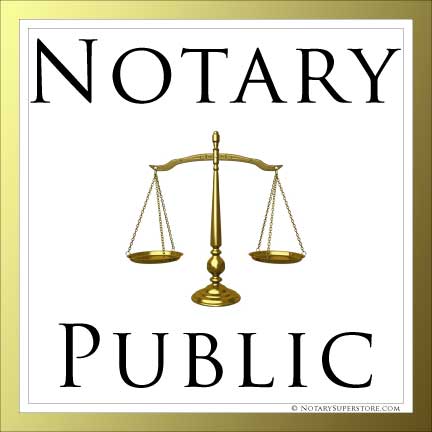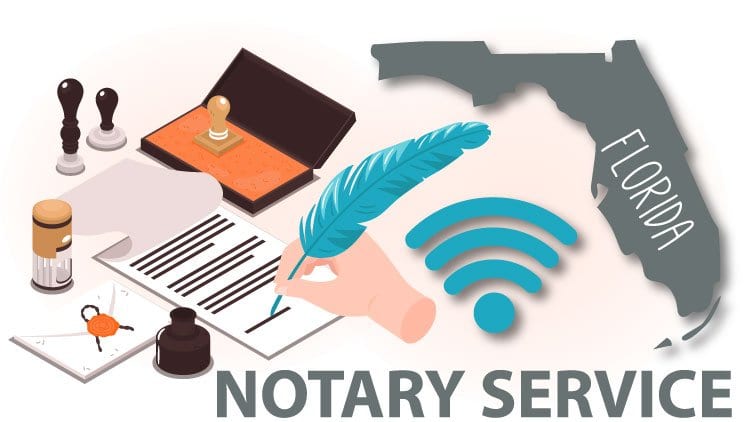Deceased Estate Administration: Handling Assets and Matters After Passing
Deceased Estate Administration: Handling Assets and Matters After Passing
Blog Article
Demystifying Notarial Work: Streamlining the Role and Value of Notaries
Their role, typically shrouded in secret for several, lugs significant weight in ensuring the validity and stability of critical documents. By deciphering the intricacies bordering notarial techniques and dropping light on the significance of their acts, a more clear understanding arises of the essential function notaries play in maintaining the textile of lawful and legal arrangements.
The Background of Notarial Job
Exactly how did notarial work evolve with time to come to be an integral component of legal and organization deals? The history of notarial job dates back to ancient civilizations, where scribes played an essential duty in taping essential details and validating files. As cultures progressed, the demand for a more formalized system to make certain the credibility of agreements developed. This led to the advancement of notaries, people selected by the state to act as objective witnesses in legal matters.
During the Middle Ages, notaries obtained importance in Europe, with their features broadening to include composing lawful papers, certifying trademarks, and protecting records. The surge of international trade additionally stressed the importance of notarial work in confirming agreements and arrangements across borders.
In the contemporary age, notaries remain to play a vital role in lawful and service purchases by verifying identities, verifying the credibility of documents, and stopping scams. Their duty in certifying the validity of agreements adds a layer of safety and security and trust fund to the ever-evolving landscape of commerce and law.

Duties and Responsibilities of Notaries
Notaries play a vital function in validating the authenticity of records and the identity of signatures. One of their primary obligations is to witness the signing of crucial papers, such as actions, wills, and contracts, to guarantee that all events are entering right into contracts purposefully and willingly.
They accredit copies of original files, offering assurance to institutions that the copies are true replicas of the originals. On the whole, the obligations and responsibilities of notaries are essential in safeguarding the stability and validity of various files and deals - DIRCO.
Notarial Certificates and Signatures
Exemplifying meticulous attention to information, notarial certifications and signatures serve as important elements in verifying the authenticity of legal documents. Notarial certifications generally consist of important details such as the date of registration, the names of the signatures, a summary of the record, and the notary's main seal. These certifications provide a clear record of the notarial act, making certain that the record can be quickly determined and traced back to the notary that looked after the next page process.
Signatures play a crucial function in notarial job, as they symbolize the contract and consent of the celebrations involved. Notaries meticulously witness the signing of documents to confirm the identity of the signatures and confirm that they are authorizing of their own cost-free will. By attaching their main seal and signature to the record, notaries license that the essential treatments have been followed which the record is enforceable and valid.
Fundamentally, notarial certificates and trademarks are the hallmark of credibility in legal purchases, offering assurance to all events involved that the records are legit and binding.
Significance of Notarial Acts

Registration Refine Explained
The registration process typically starts with the private providing the document to a notary public. Once the identity is verified, the notary makes certain that the private authorizing the paper does so voluntarily and without any type of coercion.

Final Thought

Notarial certifications usually contain essential info such as the day of registration, the names of the signatures, a summary of the document, and the notary's official seal. These certificates offer a clear record of the notarial act, making sure that the record can be conveniently identified and traced back to the notary who supervised the procedure.
By fastening their main seal and signature to the paper, notaries certify that the essential treatments have been adhered to and that the record is valid and enforceable.
By verifying the identity of the notaries, confirming their determination to enter into the agreement, and certifying the date and location of the finalizing, notaries play an important function in look at these guys supporting the credibility of legal files.After the file is signed, the notary will certainly fasten their main seal or stamp onto the paper.
Report this page